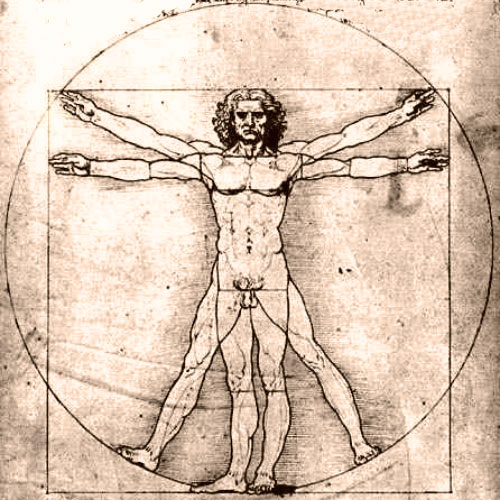Humanities
What Are The Humanities?
The humanities are the stories, the ideas, and the expressions with the aim of helping us make sense of our lives and our world. The humanities introduce us to individuals we have never met, places we have never been to, and ideas that may have never entered our minds. By presenting how others have lived and thought about life, the humanities help us decide what is crucial in our own lives and what we can do to make them better. By linking us with other people, they point the way to answers about what is right or wrong, or what is true to our heritage and our history.
The humanities help us attend to the challenges we face together in our families, our communities, and as a nation. The humanities should not be confused with "humanism," a specific philosophical belief, nor with "humanitarianism," the concern for charitable works and social reform. As fields of study, the humanities call attention to analysis and exchange of ideas rather than the creative articulation of the arts or the quantitative explanation of the sciences. Disciplines of the humanities such as philosophy, history, and literary studies offer models and methods for addressing dilemmas and acknowledging uncertainty and paradox.
They can help us face the tension between the concerns of individuals and those of groups and promote civil and informed dialogue of conflicts, placing current issues in historical perspective. They furthermore give voice to feeling and artistic shape to experience, balancing passion and rationality and exploring issues of morality and value. The study of the humanities delivers an avenue in which the illustration of interpretations and experiences can be acknowledged, and areas of common interest explored.
1. History, Anthropology, and Archaeology study human social, political, and cultural development.
2. Literature, Languages, and Linguistics explore how we communicate with each other, and how our ideas and thoughts on the human experience are articulated and translated.
3. Philosophy, Ethics, and Comparative Religion consider ideas about the meaning of life and the reasons for our views and actions.
4. Jurisprudence examines the values and principles which inform our laws.
5. Historical, Critical, and Theoretical Approaches to the Arts reflect upon and analyze the creative process. Additional subjects sometimes included in the humanities are technology, area studies, communication studies, cultural studies, and linguistics, although these are often regarded as social sciences.
Kidneys - We Have Two Kidneys But Only Need One To Live
Rebirth - The Characteristics Of Soul
Choice Theory And The Behavior Of Humans
Disability: Human Rights and Social Responsibility
Check Out Our Viral Marketing Home Page
Tweet
Follow @Charlesfrize








